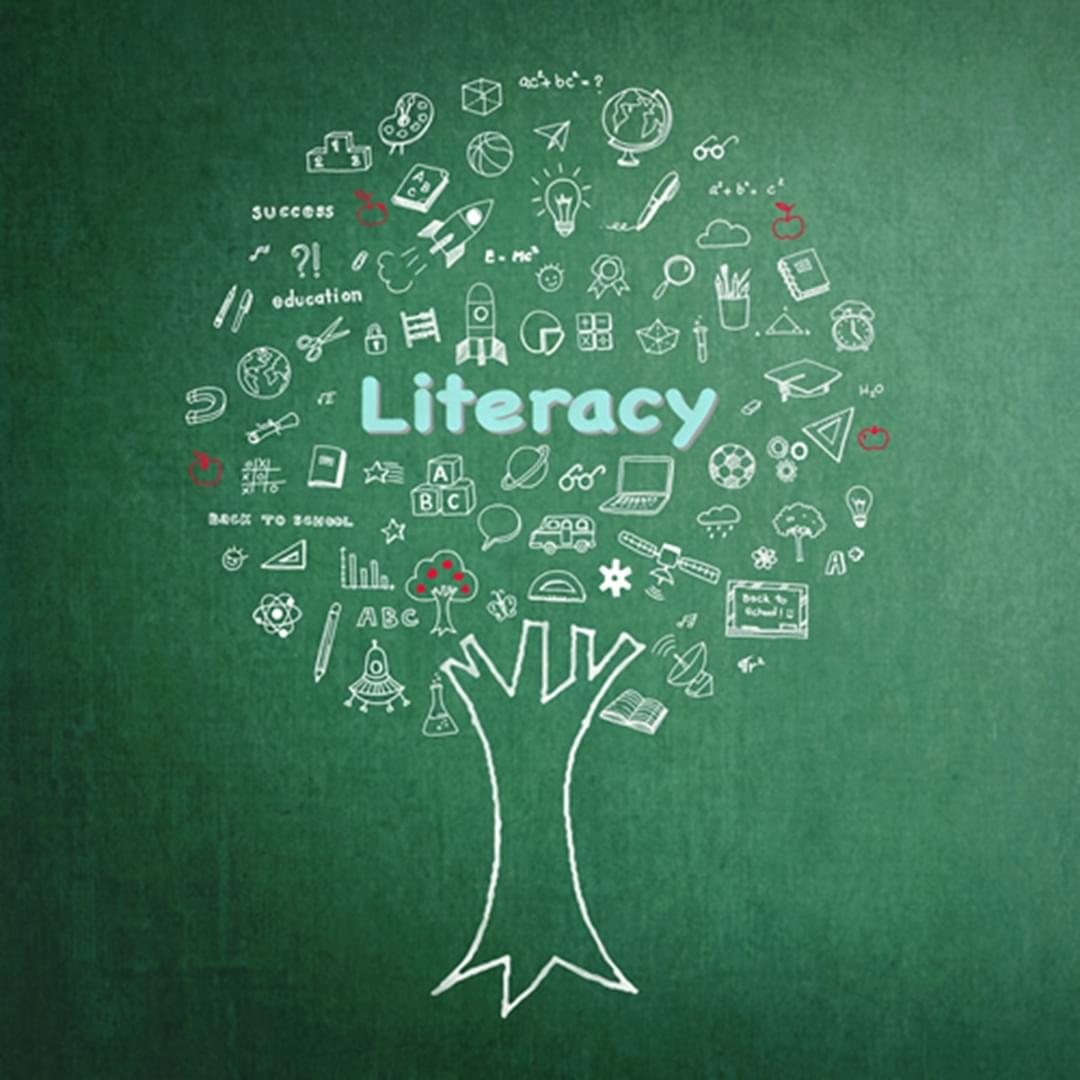You’re all signed up for the Education Slice
Thank you for your interest in our service.
Watch out for a confirmation email from our subscriptions team. Once you have confirmed you will join the community of over 35,000 subscribers who are receiving daily Education intelligence to lead, innovate and grow.
Note: Due to the nature of this message you may find this in your "promotions" or "spam" folders, please check there. If nothing arrives within a few minutes let us know. If you do not receive this email we will be happy to help get you set up.
Adding the email address [email protected], will help to ensure all newsletters arrive directly to your inbox.
Recent Editions

Education Slice
National
As the 2024 presidential election approaches, K-12 education remains conspicuously absent from candidate discussions and debates. During the only debate between Vice President Kamala Harris and former President Donald Trump, education was not mentioned at all. While Harris has criticized Trump's education policies, she has not provided specific plans of her own. Trump has proposed eliminating the U.S. Department of Education and has made broad claims about school policies without detailed proposals. Bettina Love, a professor at Teachers College, Columbia University, remarked: “It sends a message that the federal government is not truly concerned about public education.” The lack of focus on education reflects a broader trend where candidates prioritize issues like the economy and health care over K-12 education, which is primarily governed at state and local levels.
Full Issue
Education Slice
California
California's foster care system is facing a significant crisis with many agencies, including Koinonia Family Services, receiveing non-renewal notices for their insurance policies. The situation threatens the stability of approximately 9,000 school-aged children who rely on these agencies for support. Christine Stoner-Mertz, CEO of California Alliance of Child and Family Services, stated: “If you're worried about where you're going to sleep, how well do you show up?” The crisis stems from rising litigation costs and changes in laws regarding child sexual abuse, leading to a lack of available insurance. As agencies struggle to find coverage, the potential for increased displacement of foster youth looms, impacting their education and well-being. Advocates are urging educators to be aware of these challenges and to support affected families during this tumultuous time.
Full Issue
Education Slice
Texas
According to a recent study by the Community College Research Center, nearly half of Texas public high school students earning college credits before graduation are Hispanic, highlighting the state's leadership in bridging the gap between Hispanic and non-Hispanic students in dual-credit programs. However, the study reveals that Hispanic students in these programs graduate from college at lower rates than their peers, indicating a need for improved support during the transition from high school to college. John Fink, a researcher, emphasized the importance of "equalizing access to dual credit and providing dual-credit students with the supports they need to go to college and complete college." The report also noted that Black student participation in dual-credit programs remains low, at only 8%, compared to 13% of overall high school enrollment in Texas. The number of dual-credit students has surged in the past decade, with recent legislative changes incentivizing community colleges to support these programs.
Full Issue
Education Slice
Florida
As the 2024 presidential election approaches, K-12 education remains conspicuously absent from candidate discussions and debates. During the only debate between Vice President Kamala Harris and former President Donald Trump, education was not mentioned at all. While Harris has criticized Trump's education policies, she has not provided specific plans of her own. Trump has proposed eliminating the U.S. Department of Education and has made broad claims about school policies without detailed proposals. Bettina Love, a professor at Teachers College, Columbia University, remarked: “It sends a message that the federal government is not truly concerned about public education.” The lack of focus on education reflects a broader trend where candidates prioritize issues like the economy and health care over K-12 education, which is primarily governed at state and local levels.
Full Issue









